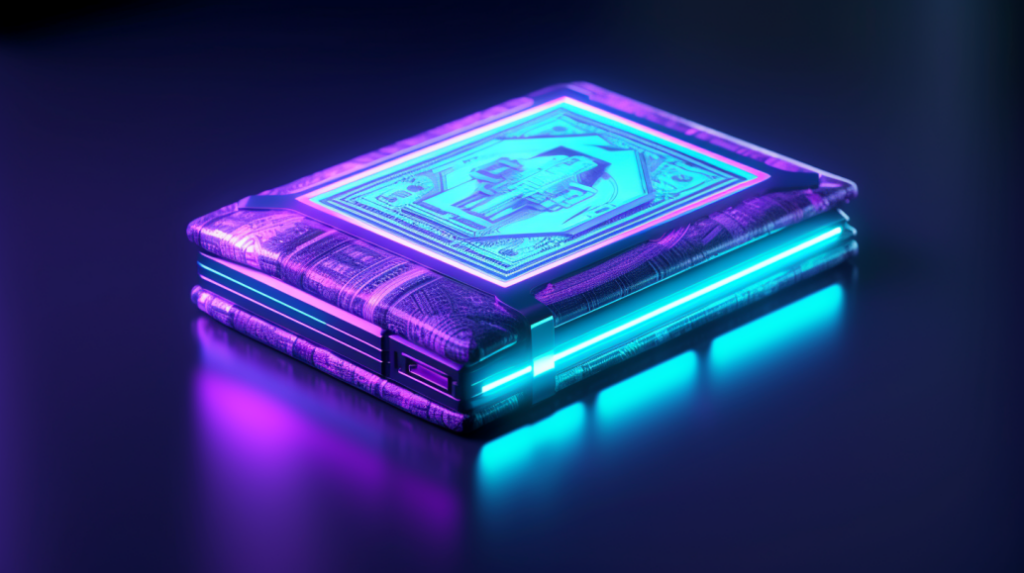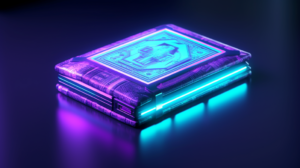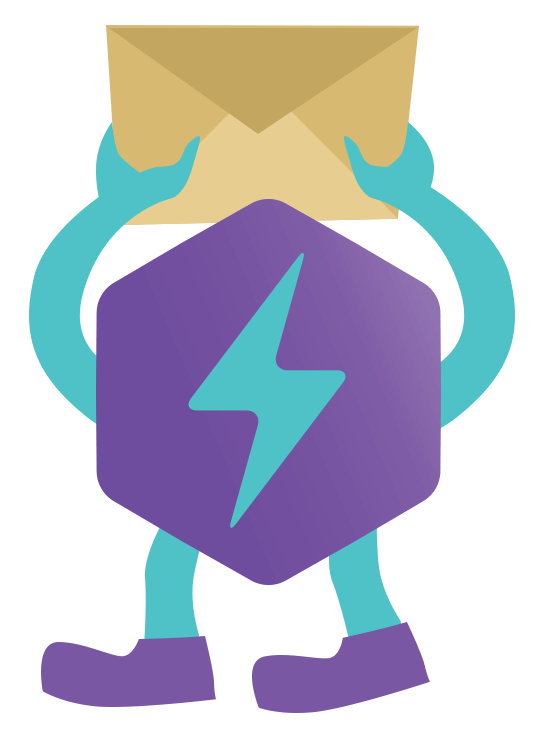Crypto wallets allow you to securely store, send, and receive cryptocurrencies and NFTs. But do you need one to own an NFT? between seed phrases, custodial vs non-custodial, and private keys, the world of crypto wallets can be confusing for beginners. This guide breaks down the basics in a straightforward way to help you understand different crypto wallets at a glance, and what the best options are for you.
TL;DR
- Crypto wallets store assets and can control access to your crypto
- Non-custodial wallets give you full control, custodial wallets are managed by a third-party
- Seed phrase backups your wallet, private keys control access
- Wallets can be software (hot) or hardware (cold)
- With NFTpay you do not need to setup a crypto wallet to purchase NFTs
What is a Crypto Wallet?
A crypto wallet is software that provides access to send, receive, and securely store cryptocurrencies and NFTs. Wallets manage your public and private keys which are needed to transact on blockchains.
Your crypto assets themselves remain on their respective blockchains. Think of your wallet like a key rather than a safe – it unlocks access to your blockchain address where your funds reside.
Custodial vs Non-Custodial Wallets
There are two main types of crypto wallets:
Custodial (Hosted): Controlled by a third-party company. Convenient and less complex.
Non-Custodial: You retain full control through self-custody. More control but also more responsibility on you.
Custodial wallets like those offered by NFTpay are excellent for quick, convenient NFT purchases. Non-custodial wallets give you independence but require more care and effort.
Related: New Payment Options Make NFT Purchases Even Easier

Software (Hot) vs Hardware (Cold) Wallets
Non-custodial wallets can also be divided into:
- Software (Hot): Wallet apps that live online or on your device. More convenient for active trading and transactions.
- Hardware (Cold): Physical offline devices for secure long-term storage. Less convenient but very secure against hacking.
What’s a Seed Phrase?
Your seed phrase is a backup that lets you recover your wallet if needed. It’s a set of random words (typically 12-24) that represents your private key. Guard it closely and never share it!
What’s a Private Key?
Private keys are long randomized strings that prove ownership of your crypto. Think of this like your password to your email account. You don’t want to give this out.
What’s a Public Address?
Your wallet is linked to a unique public address on the blockchain. This address is a long string of letters and numbers. For example, on Ethereum public addresses are 42 characters starting with “0x”. Your public address is what you share to receive transactions from others.
Think of it as your email address – anyone can send crypto or NFTs to your address if they know it. The address does not need to be kept secret.

Setting Up a Wallet
The setup process varies by wallet but generally involves:
- Downloading wallet software/extension
- Creating a password for the wallet
- Recording and storing the seed phrase backup
- Funding the wallet with crypto to transact
- Connecting it to a Marketplace to view your collection
Securing Your Wallet
- Use unique passwords only for your wallet
- Physically secure your seed phrase – don’t digitally store it!
- Beware phishing attempts to steal private keys
- Use hardware wallets for large long-term holdings
Funding Your Wallet
Once your wallet is set up, you’ll need to fund it with crypto to begin transacting. Here are some options:
- Buy crypto on an exchange – Exchanges like Coinbase let you purchase coins that you can transfer to your wallet.
- Earn crypto – Some platforms allow you to complete tasks or provide services to earn crypto payouts.
- Peer-to-peer transfer – You can receive crypto directly from someone else’s wallet.
For non-custodial wallets, you need to take these additional steps to hold crypto. Custodial services like NFTpay remove this funding requirement by handling it behind the scenes when you pay by card.
Related: Purchasing NFTs Just Got Easier – Use Your Credit Card – Not Crypto
Simplifying With NFTpay
Services like NFTpay make buying NFTs easy by handling the crypto and wallet complexities for you. You can purchase NFTs directly with your credit card—no Ethereum or crypto wallet required!
NFTpay offers the convenience of crypto without the learning curve. But understanding wallets still empowers you to take control when desired.

FAQs
Can I have multiple crypto wallets?
Yes! You may want different wallets to use different blockchains, have both a hot and cold wallet, and use a simplified service like NFTpay along with a traditional wallet.
What’s the best crypto wallet for beginners?
For beginners, a service like NFTpay simplifies the process tremendously by handling the wallet for you.
Do all crypto wallets work with NFTs?
No – some only support crypto. Make sure any wallet specifically supports NFT functionality if you want to buy and trade NFTs.
Conclusion
Crypto wallets are essential tools for safely storing cryptocurrencies and NFTs. While the technology behind wallets can seem daunting at first, the basic principles are straightforward for beginners to understand.
An easy starting point is using a service like NFTpay that removes the wallet learning curve from purchasing NFTs. But taking the time to understand wallets empowers you to eventually manage your own if desired.
Whether you prefer convenience or full control, both are great options to fit your needs in the world of NFTs.
Read Also: NFTpay Set to Revolutionize Web3: Fast, Easy, Free!









